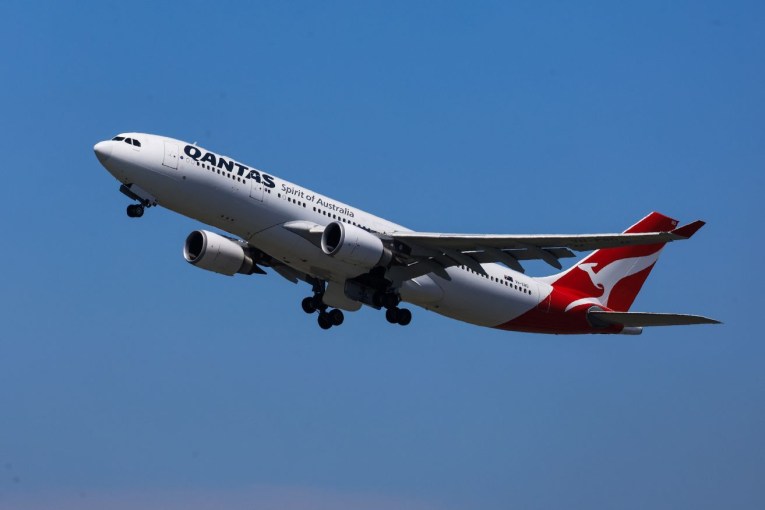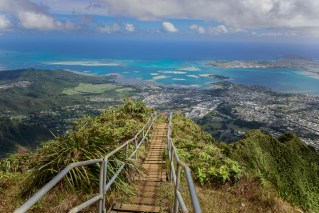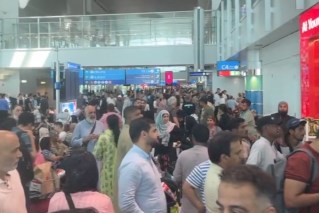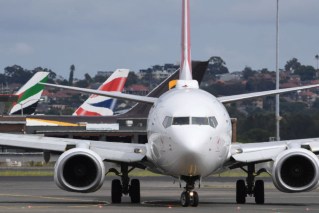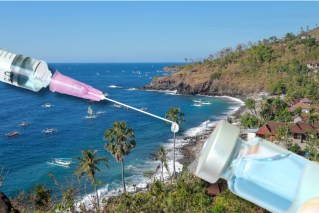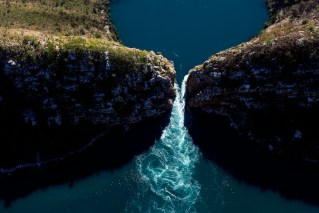What Australia’s border restrictions mean for school holiday travel plans

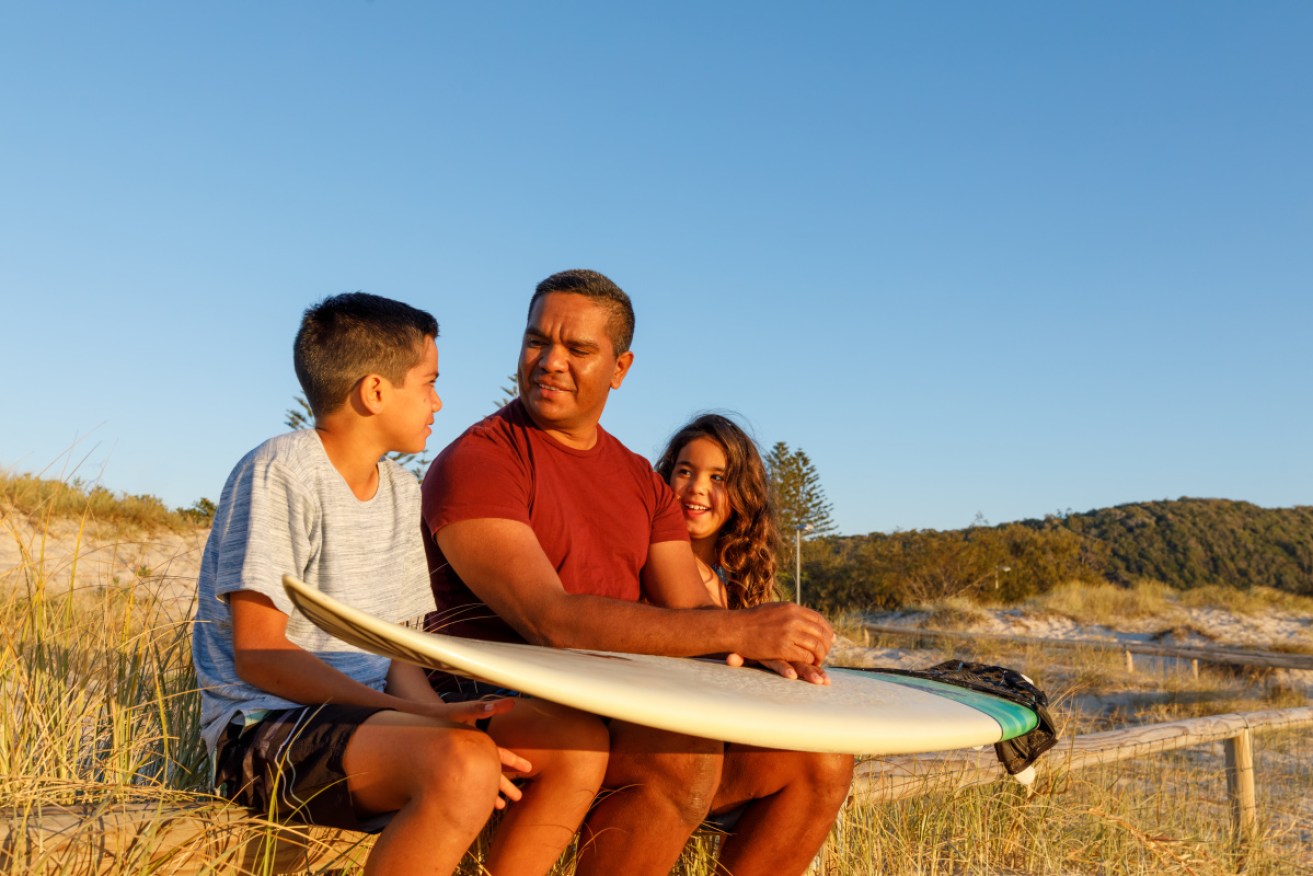
COVID outbreaks and border restrictions are causing confusion for holidaymakers. Photo: Getty
Mid-year school holidays are in full swing, but COVID-19 outbreaks and border restrictions are playing havoc with interstate and overseas travel plans.
Here’s what you need to know.
International travel and the NZ bubble
Overseas travel outside of New Zealand is still off the cards for Australians without a special exemption.
The federal government is yet to give a date for when international borders will open, but the recent federal budget forecast that borders would remain closed until mid-2022.
That makes New Zealand the only overseas destination Australians can travel to, but there has been speculation over future ‘travel bubble’ agreements with countries such as Singapore.
But those hoping to head across the ditch had their plans turned upside down on Saturday, when Jacinda Ardern’s government announced a whole-of-country suspension on quarantine-free travel from Australia due to concerns over the spread of the Delta variant.
Travellers from Victoria, Tasmania, South Australia and the ACT will be welcomed back to NZ from Monday, but will have to receive a negative COVID test before travelling.
Travel from NSW, WA, NT and Queensland will remain banned until their COVID situations improve.
New South Wales
The lockdown of Greater Sydney, the Central Coast, Blue Mountains, and Wollongong is due to end at midnight on July 9.
While interstate travellers are still allowed to arrive in the state, on Wednesday NSW declared Victoria, Northern Territory, Queensland and Western Australia as COVID-affected areas.
Travellers from those locations will be required to complete a travel declaration before entering NSW.
Victoria
Victoria requires interstate travellers to apply for a permit to enter the state.
Under the state’s permit system, non-Victorians from areas declared COVID ‘red zones’ are banned from entering the state.
In addition to the areas of NSW currently in lockdown, this includes: Alice Springs and greater Darwin, WA’s Perth and Peel regions, south-east Queensland, Townsville, Palm Island and Magnetic Island.
Victorian residents travelling from red zones must obtain a red zone permit to enter and travel directly home, be tested and quarantine for 14 days.
Those entering the state with ‘orange zone’ permits must isolate, get tested within 72 hours, and stay isolated until they receive a negative result.
Queensland
Thirteen local government areas in Queensland are in lockdown until 6pm on Friday.
Anyone who has been in a declared COVID-19 hotspot in the past 14 days is banned from Queensland.
Queensland also requires anyone travelling from non-hotspots to complete a declaration before entering the state.
South Australia
Travellers from the ACT, NSW, NT, Queensland and WA are currently prohibited from entering South Australia, with the exception of those classified as ‘essential travellers’.
SA requires anyone travelling to the state to complete the Cross-Border Travel Registration form before they depart.
Western Australia
WA requires travellers to complete a mandatory G2G PASS registration and declaration before travelling to the state.
WA categorises jurisdictions according to their COVID risk, and subjects travellers to corresponding restrictions.

Source: wa.gov.au
NSW and Queensland are currently categorised as ‘medium risk’.
This means anyone wishing to travel from these states is not permitted to enter without an exemption through G2G PASS.
Tasmania
Travellers from areas classified as ‘high risk’ are not permitted to enter Tasmania.
Travellers to Tasmania must provide contact and travel details before being allowed to enter.
Australian Capital Territory
The ACT has named parts of NSW, NT, Queensland, Victoria, WA and New Zealand as ‘areas of concern’ for COVID-19.
Non-ACT residents who have been to any of the areas listed are not permitted to travel into the ACT unless they have an approved exemption, which are only granted in ‘exceptional’ circumstances.
Northern Territory
Anyone travelling to the Northern Territory must complete the border entry form, and those travelling from an identified coronavirus hotspot have been advised to cancel their plans.
Travellers who arrive in the NT from or through a declared hotspot must undertake mandatory supervised quarantine at their own cost.
All information is correct at the time of publishing. Double check the relevant travel and health advice for your individual circumstance before you leave home
